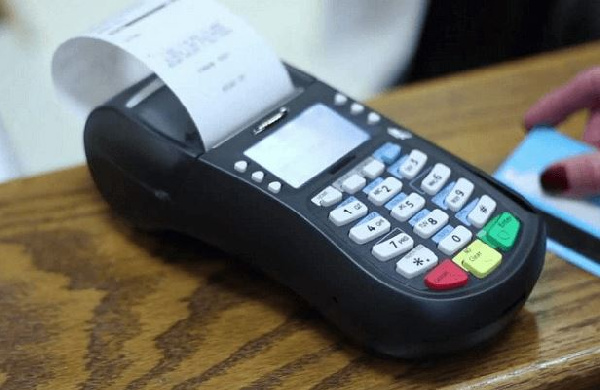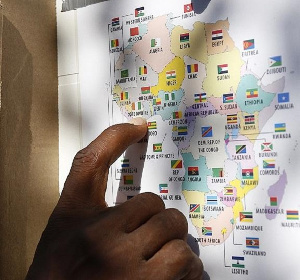Top 10 things Nigerians spend their money on amid hardship

In Nigeria, many families face economic challenges, making careful budgeting important amid the high cost of essential expenses.
Currently, less than half of Nigerians are reported to have any savings. According to the PiggyVest savings report, 43% do not save at all.
The report also reveals that about one-third of Nigerians earn less than N100,000 (around $61) per month. In terms of spending, 33% of Nigerians spend about N50,000 ($30) monthly, while 35% spend between N50,000 and N99,000 (up to $55).
Another 19% spend between N100,000 and N199,000 (up to $121), and 10% spend between N200,000 ($122) and N499,000 ($304). Only 2% spend between N500,000 ($304) and N999,000 ($608) each month while 1% of Nigerians spend N1 million ($609) monthly.
Here’s a look at the top ten monthly expenses Nigerians focus on in 2024:
1. Food and Groceries – 83%
Food is the biggest expense for most Nigerians. Rising food prices mean families spend about 83% of their income on groceries to cover basic meals. Even with the high costs, food remains the top priority.
2. Transport – 48%
Transportation costs take a large part of the budget. Many Nigerians commute daily to work, school, or other places, spending nearly half their income on transport fares or fuel for their vehicles.
3. Bills and Utilities – 38%
Keeping the lights on and covering other utilities like water and internet is also a major cost. About 38% of monthly income goes toward electricity, generator fuel, and other necessary household services.
4. Clothing – 35%
Clothing is still a priority for many Nigerians, even in tough times. People spend around 35% of their money on clothes and personal appearance, as cultural and social events often require formal or new attire.
5. Childcare – 24%
Childcare is essential for many Nigerian working parents with around 24% of their money going to daycare, nanny services, and other child support options.
6. Housing – 23%
Housing costs, like rent and maintenance, take up 23% of the budget for many Nigerian families. Rent is a necessary monthly expense, and finding affordable housing can be challenging, especially in big cities.
7. Healthcare – 18%
Healthcare is another important expense, using up about 18% of monthly income. With limited affordable healthcare options, many rely on private clinics and pharmacies, which can be costly.
8. Education – 14%
Education is highly valued in Nigeria. Families spend about 14% of their income on school fees, supplies, and other educational costs, seeing it as an investment in their children’s future.
9. Family Support – 11%
Supporting family members is common in Nigerian culture. Around 11% of income goes to help extended family, whether through remittances, emergency help, or support for elderly relatives.
10. Clubs and Social Activities – 8%
Despite financial struggles, Nigerians still enjoy social gatherings. People spend about 8% of their income on clubs and social activities.
Source: www.vanguardngr.com





